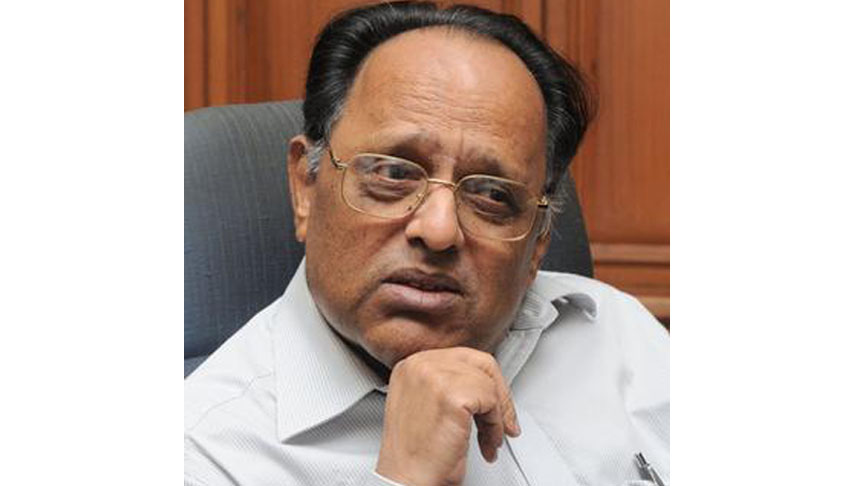Appointment of Justice K.Narayana Kurup as Chairman of Kerala State Police Complaints Authority is in violation of SC directives
Boris Paul
3 Jun 2014 12:30 PM IST

Next Story
3 Jun 2014 12:30 PM IST
The appointment of Justice K.Narayana Kurup as the Chairman of Kerala State Police Complaint Authority [SPCA] stirs controversy in Kerala. Justice Kurup, a former Judge of the Kerala High Court, was appointed as the Chairman of the Police Complaint Authority last week by the State Government.The Supreme Court in Prakash Singh case (Prakash Singh and Others v Union of India and Others (2006) 8...
